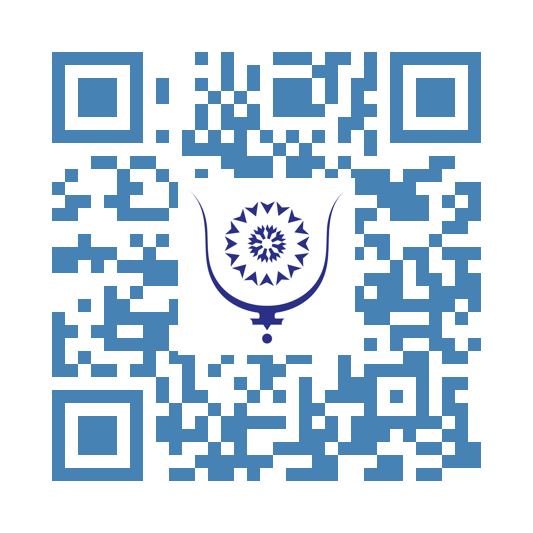Got My First Project and Immediately Stumbled over a Pebble (a Little Story of My Personal Experience) 2681
A few days ago I received an update about my application for an online project. It was midnight, and I was in my bed when I decided to check my Email to see if there is any new mail stuck in the spam box. Unexpectedly, there were two mails from a hiring company stated that they approved my application and asked me to follow a training course. I supposedly had to be excited because not only it was the first time I got into a project, but also the first time I applied for something and I actually passed. Imagine that you have been struggling to find a job for months and then one day you received a notification that you are now a part of the (temporary) team. Instead, I was worried because the Email was sent a day ago and I lost it when I could not access the course. "Have they removed me because I was late?" I thought whilst holding back my tantrum.
In a heavy heart, I submitted into failure as I prepared to dive into slumber. In my closed eyes, I began to fall in denial that I was busy perfecting my portfolio (that was the truth anyway, and that was frustrating because my laptop kept lagging) and caused me to miss the mails. Five minutes, ten minutes, nothing happened. I could not sleep. The thought of my incompetence filled my head. Even my eyes were in searing pain, my heart danced in restless rythm. Surrendering, I opened my eyes and my laptop for once again. This time, I went to see my most trusted companion that always stands by the line, ChatGPT. Why would I decide to chat with an AI? Well, AI does not have feelings. Therefore, I do not need to feel bad to rant to it. Moreover, it gives me suggestions which is more useful than mere sympathy. And Gepetto (the name I assign to it) gave me a suggestion if I could find a contact to the company and send a message, asking if they would reconsider to accept me back. I thought it sounded like a beg, but it would be better to try than to completely gave up without a fight.
Then a few days later, one of my messages reached someone, who then informed me about where to ask for help. Long story short, I finally reached out to the support team. And with a little nudge from them (and the fact that I had already calmed down), I finally able to proceed with the project. Turned out they had never removed me. It was indeed just my incompetence that makes every minor problem becomes a big deal. Although I must admit that the adrenaline was real. My regrets, my impulsing bloodstreams, it all brought down in one night. Now that everything is under control, I have to say my greatest gratitude to whoever person or team who had decided to help me at the first time. It might be just a small act, but with their help, I could get out from the situation, in which was a big matter to me. Wherever they are, I hope they have a great life.
Why would I share such story? I have no idea. I thought it could inspire somebody out there that your decision to help someone, no matter how small you may think it is, means greatly to them (and it might be a lesson to me too, that I have to be more attentive.)
Thank you for reading.



